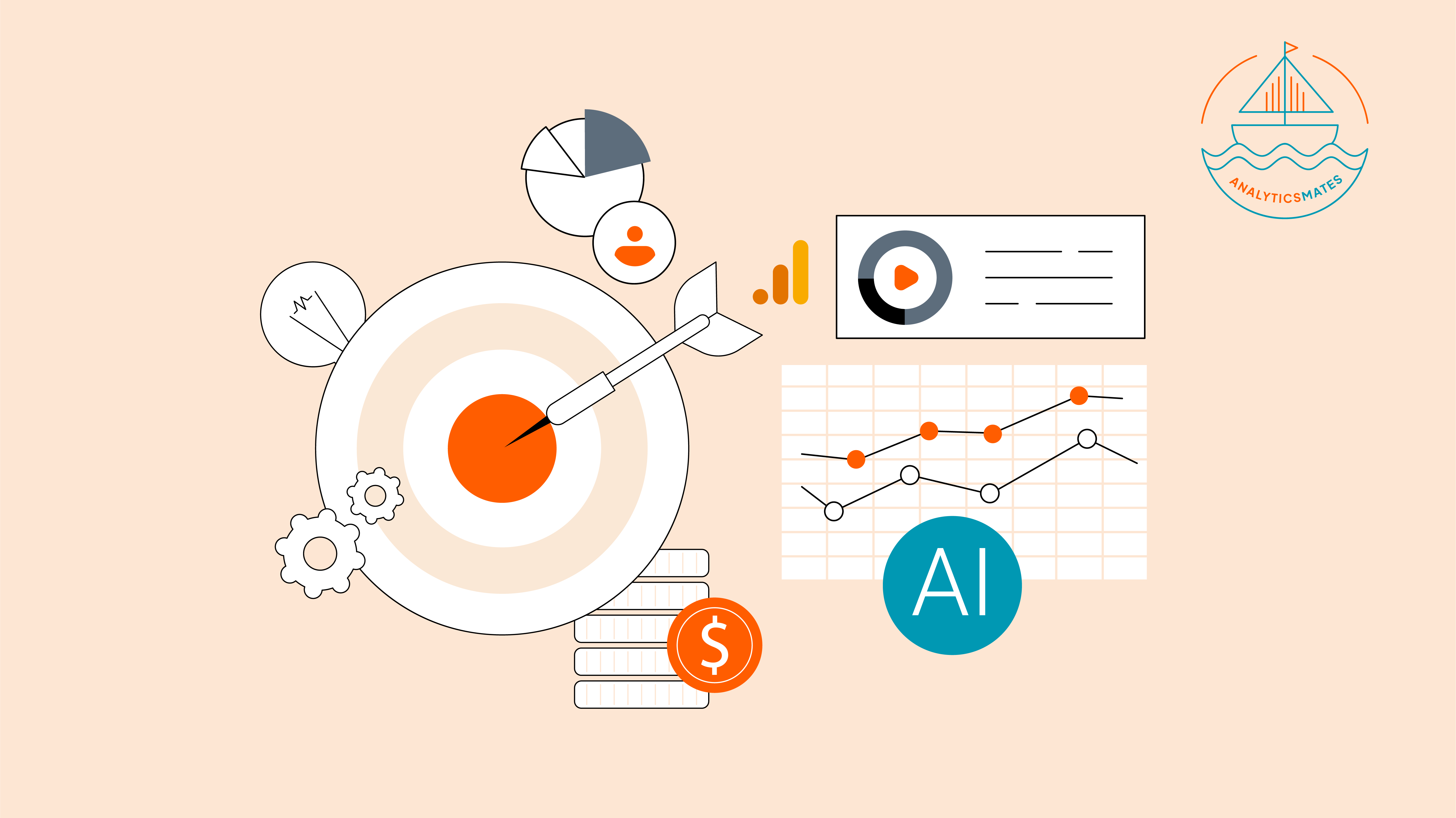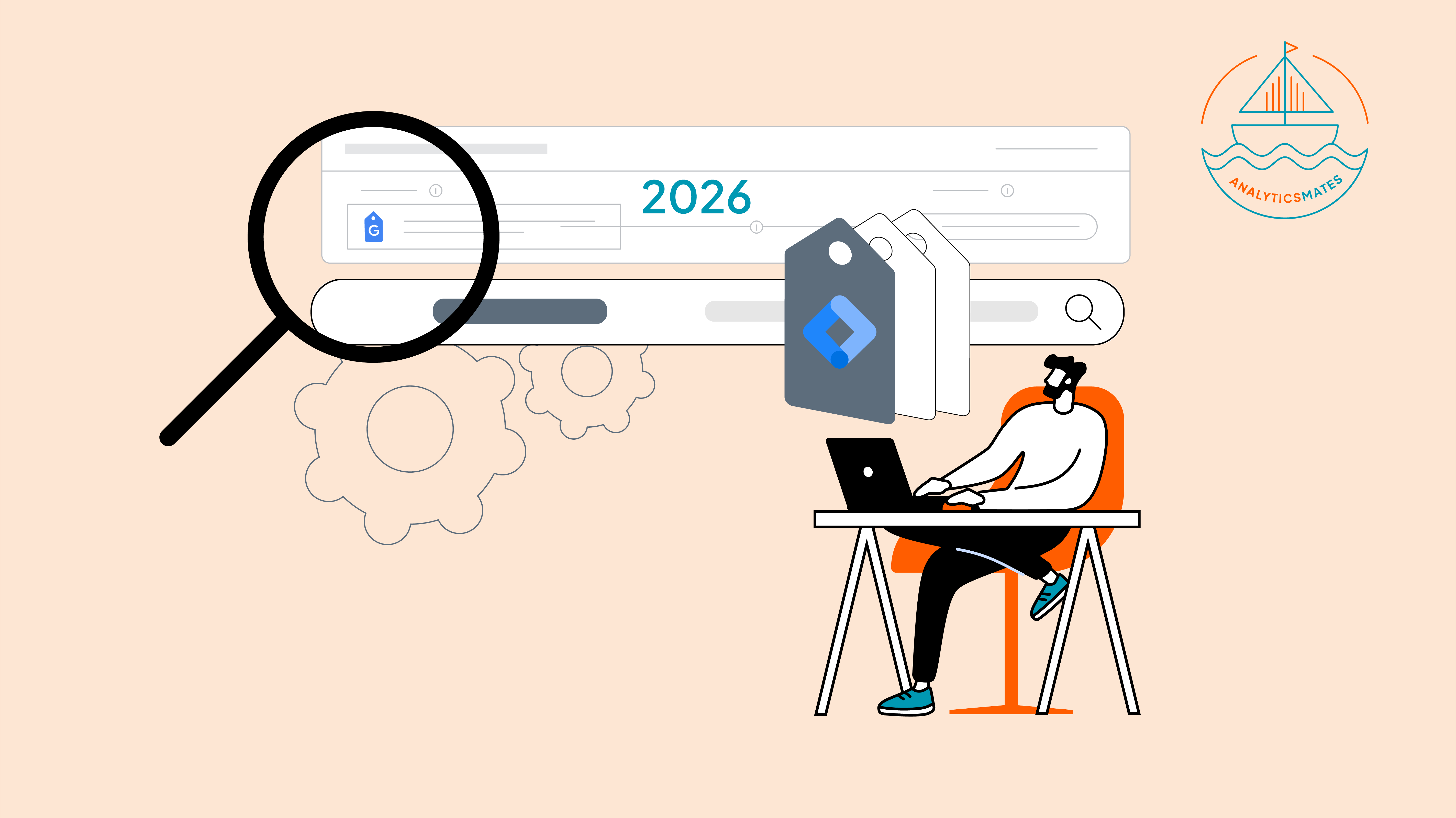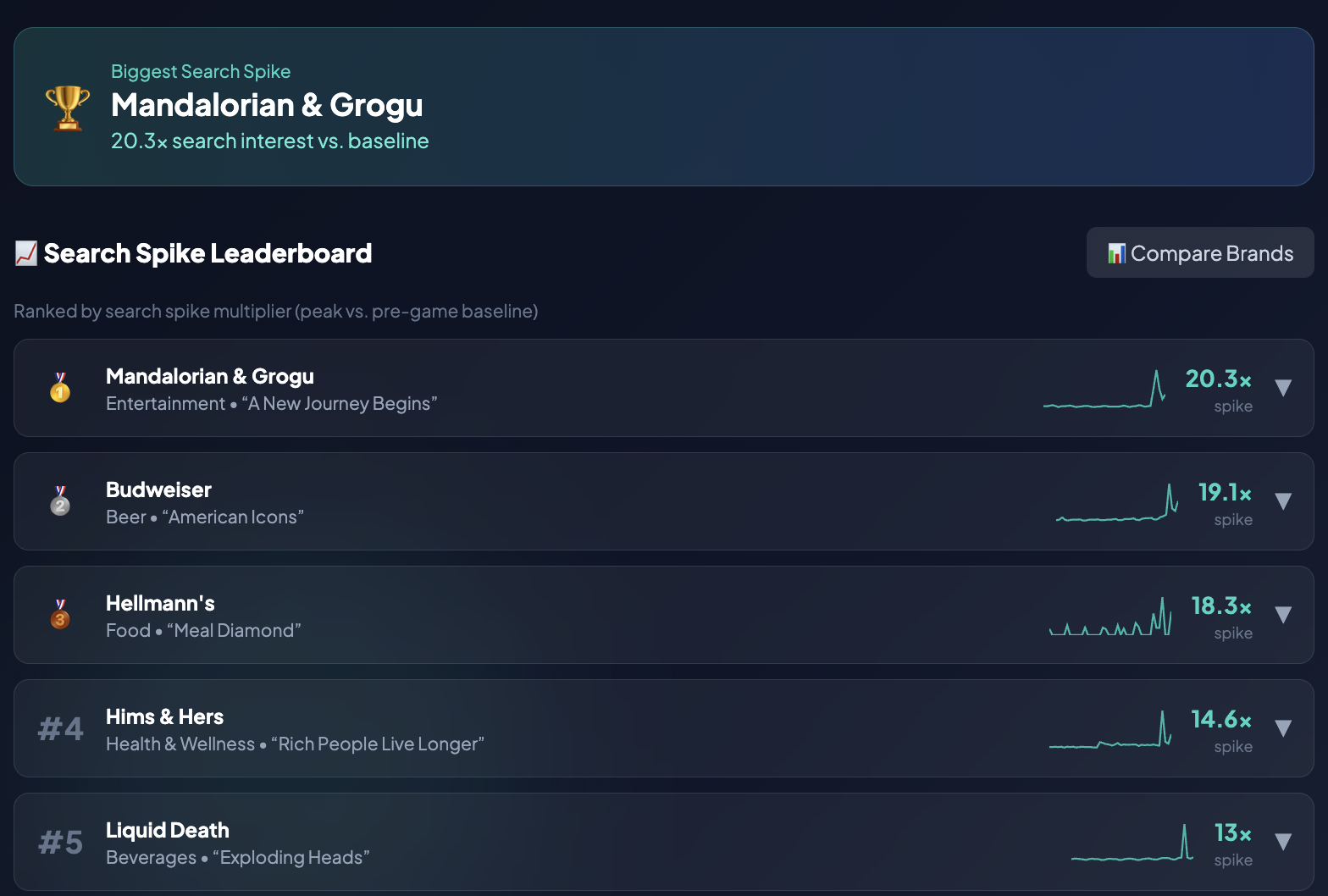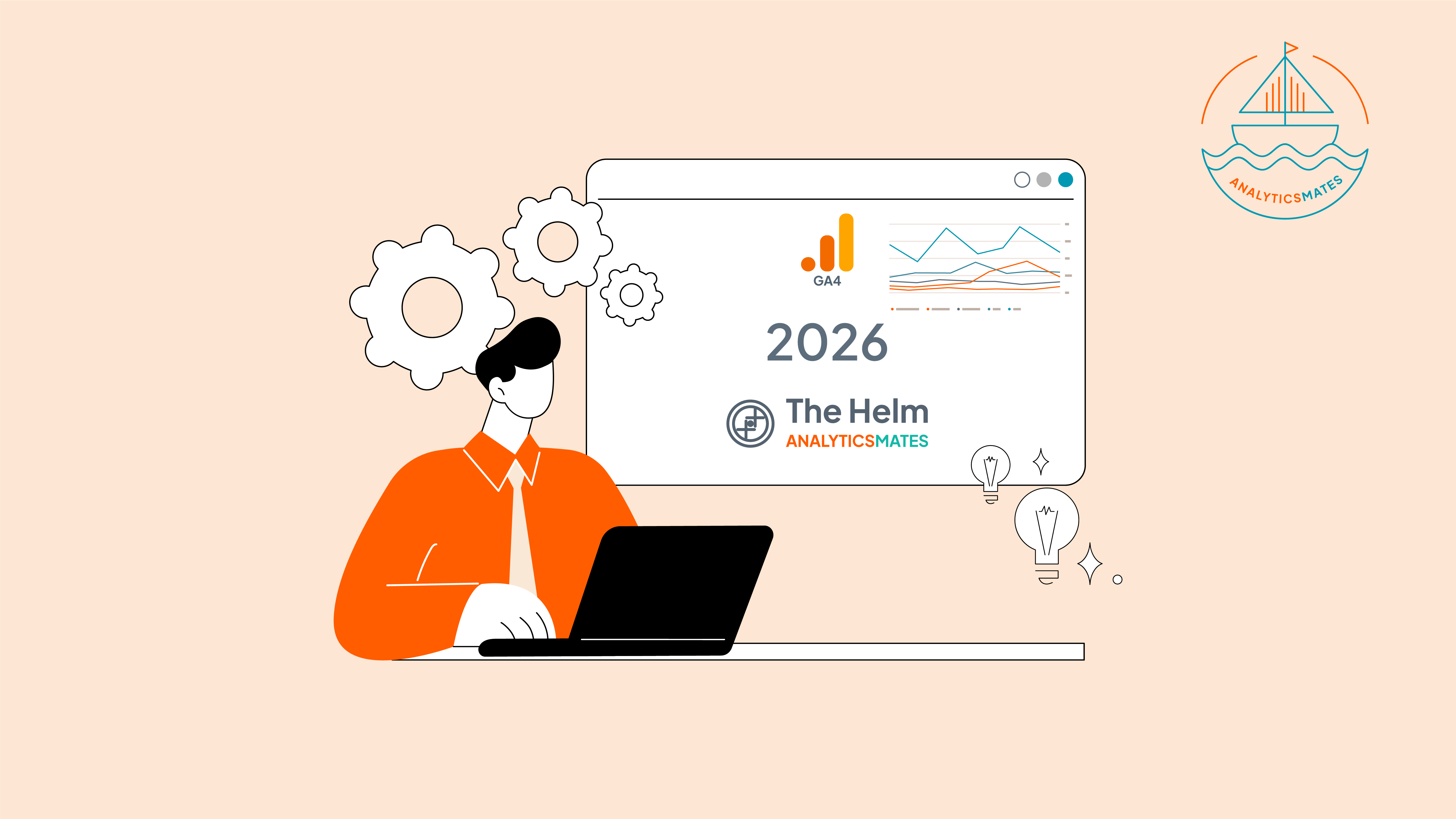Companies struggle to recognize their customers' sources and the most useful marketing tactics. it will be like a puzzle game where you have lots of pieces and dont know how to club them.When you don't know what will happen, choosing where to assign your marketing cash and time is difficult.
Attribution models are a tool in GA4 that helps businesses see the steps people take before they buy something or do anything else on the website. Having someone follow your customers' online tracks and tell you their steps to get to your business is like having a spy.
This blog post explains attribution models in GA4 and how they work. By the end, you'll better understand where to put your efforts and how to get the most out of your marketing plan. Let's begin!
List of the Problems Marketers Are Having
Before we get into the specifics, let's talk about what can go wrong if we don't understand how credit works.
- There is a problem with correctly identifying conversions.
- Oversimplification of the Customer Conversion
- Inefficient Allocation of Marketing Resources
- Lack of Comprehensive Insights into Marketing Performance
- Not the best return on investment (ROI)
It's pretty simple, so we won't go into too much detail. If you read this blog post and understand it, you'll be sure you know the answers and how to fix these issues.
One more important thing needs to be said before we begin. Make sure you take some time to look at the latest changes that were made to credit models in both Universal Analytics and GA4.
Universal Analytics: Old Attribution Models vs. New GA4 Models
Attribution Models for Universal Analytics

GA4 Models for Attribution

As a part of attribution modelling, what is conversion and why is it important?
When someone does something that is important to your business, you can record that action as a sale. Other data, like hits, views, and contact, are used when there is no sale data. This information is not as good as conversion data, so the models may not be as accurate. You can check out our blog post on conversions event data in GA4 here.
Available Attribution Models in GA4 properties
We’ll get into each of the GA4 attribution models, by using this example scenario.


Behind this, we should also know about the methodology of DDA and how it actually works.
Data-driven attribution (DDA) is a sophisticated attribution model that utilizes machine learning algorithms to analyze and assign credit for conversions across various marketing touchpoints.



Setting Up Attribution Models in GA4
Now that we have knowledge about attribution models, let’s get into how to apply these models in GA4. Here are the steps:
But first remember that you need an Editor role to be able to perform this.
1. To access this setting, go to Admin
2. Attribution Settings under Data display.

3. Click Attribution settings.
4. Under the Reporting attribution model, select your desired model from the drop-down.

Note: Changing this setting will apply to both historical and future data.
5. Under the conversion window, select the conversion windows for Acquisition conversion events and All other conversion events.
6. Click Save.

Attribution on Different Standard Reports
Now that we've covered the basics of understanding various Attribution models in GA4 and how to set them up in the GA4 user interface, let's talk about the different reports for Attribution models. We're still working on that part, but don't worry – we'll update this blog post once it's ready. Meanwhile, we've gathered this info to keep you in the loop about the different attribution models found in GA4 standard reports. Let's dive into it!
Attribution at the User-Level
To uncover the initial channel that brought users to your website, examine user-scoped dimensions like 'First User Default Channel Group', 'First User Source / Medium', and 'First User Campaign'.

Attribution at Session-Level
Session-scoped dimensions like ‘Session Default Channel Group’, ‘Session Source / Medium’, and ‘Session Campaign’ will show you all of the ways people find your website.

Attribution at Event-Level
Event-scoped dimensions like ‘Event Name’ will attribute conversion and transactions based on the attribution model that has been configured for the property

Misconceptions Related to Attribution Models
There is a perfect attribution model.
In reality, there is no single attribution model that is perfect for all businesses. Which credit model works best for you will depend on the goals and marketing plan of your business.
Last Click attribution is always the worst.
Last Click attribution is often seen as the least accurate attribution model, but it can be useful for understanding the immediate impact of your marketing efforts and for optimizing your campaign bidding strategies.
Data-driven is always the best model.
While data-driven offers flexibility, it might not be ideal for short conversion paths or highly brand-driven purchases. Last Click might be more suitable in such cases.
Common Issues Related to Attribution Models
Data-Driven Attribution (DDA) requires a lot of data.
DDA is the most accurate attribution model in GA4, but it requires a lot of data to produce accurate results. If your conversion data is limited or unreliable, DDA may not be the best choice for you.
Attribution models are static.
Attribution models are not static; they should be reviewed and updated regularly as your business and marketing strategy evolve.
Attribution models are too complex for businesses to understand.
Attribution models can be complex, but there are a number of resources available to help businesses understand and use them effectively.
When Should I Use What Attribution Model in GA4?
As we’re about to end this blog post we now have the question,” When Should I Use What Attribution Model in GA4”? We've got you covered with a simple guide to help you decide.
Data-Driven Attribution
- Most accurate attribution model in GA4
- Good choice for businesses to measure the impact of marketing campaigns as accurately as possible.
However
It can be complex to understand and interpret, so it may not be the best choice for businesses that are just starting out with GA4.
Paid and Organic Last Click Attribution
- Simple and easy-to-use attribution model
- It is a good choice for businesses that want to get a quick and easy assessment of the relative effectiveness of their paid and organic channels.
However
It can be inaccurate, as it only considers the last channel that the customer interacted with before converting.
Google Paid Channels Last Click Attribution
- Is a good choice for businesses that want to measure the direct impact of their paid advertising on conversions.
- This model only considers clicks from Google paid channels, so it is a good choice for businesses that are primarily focused on their Google Ads campaigns.
So that's it! It's not important for us that you understand. This information will come from individuals' own experiences. Ultimately, it's up to you to decide what works best for your business and plan.
Frequently Asked Questions
Can attribution models work without conversion data?
Yes, but data will be less precise. When conversion data is unavailable, the models rely on alternative data sources like clicks, impressions, and engagement, leading to inaccurate results. These proxy measures may not accurately reflect conversions.
What kind of credit model should I use?
Which credit model works best for you will depend on the goals and marketing plan of your business. This method may be useful if you have a lot of info on conversions. It might be helpful to use last click credit if you want to know how your last marketing touchpoint affected people.
Which Google Analytics credit model gives the most true picture of how well a marketing platform is working?
The Data-Driven attribution approach, which uses machine learning to give credit to different marketing touchpoints that lead to sales on your website, is what Google suggests you use.
Final Words
To wrap this up - understanding attribution models in GA4 is like turning on a light in a dark room. It helps you see the paths customers take before they use your website. GA4 acts like a guide, showing you the way, kind of like having a map for a journey.
With this understanding of attribution models, you can decide where to focus your efforts wisely. It's not about guessing anymore; it's about knowing what works best. Think of it as having a compass for your business journey. So, use it smartly, navigate confidently, and make the most out of your online efforts. Happy navigating with your attribution models!
Thank you for reading!
We're always looking for ways to improve our Google Analytics 4 blog content. Please share your feedback so we can make it even better.
See Article Images
















